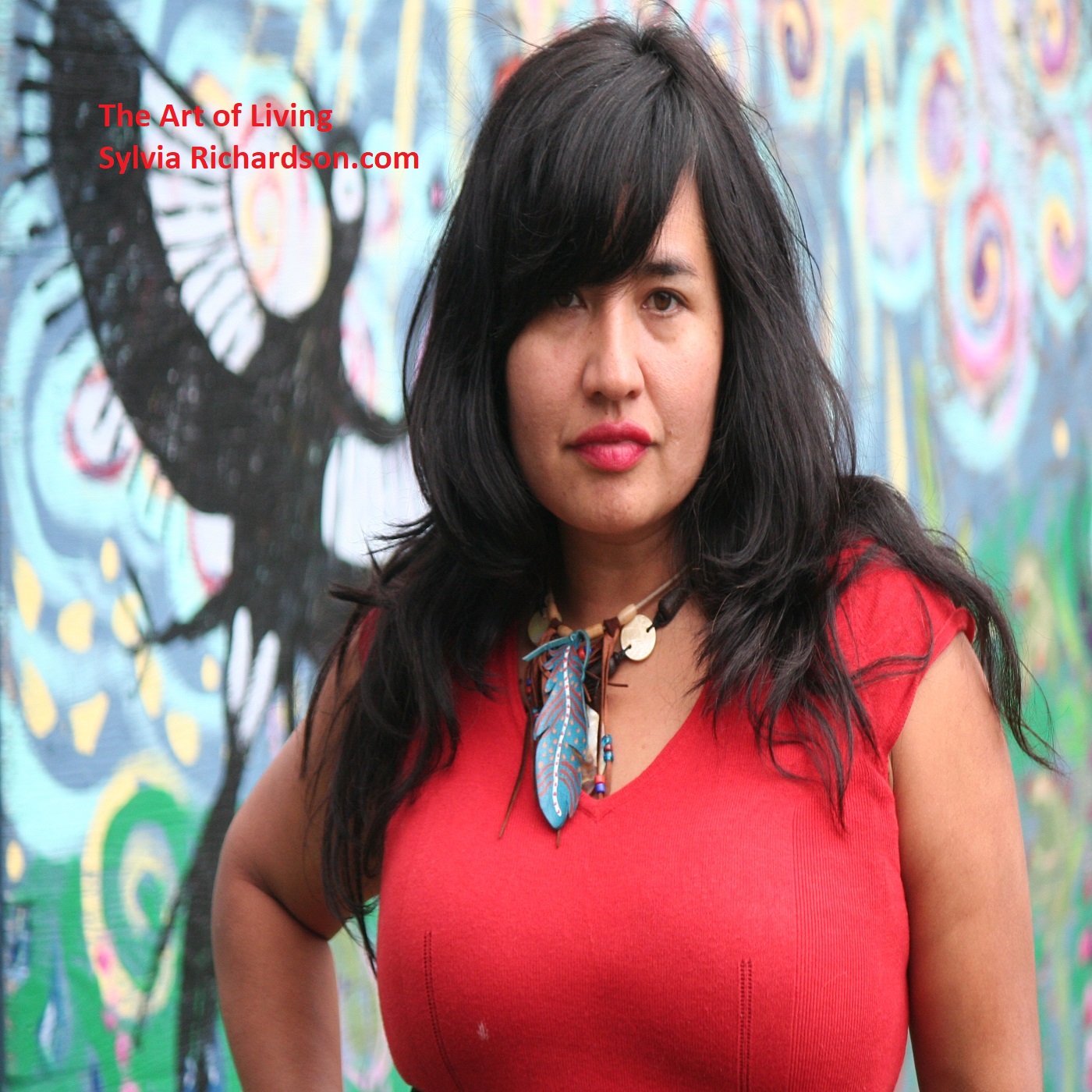Interview with hockey legend Ernie “Punch” McLean
In hockey circles, the name Ernie ‘Punch’ McLean is legendary. A prospector, business owner and talent scout – McLean’s reputation as a true character of the game has been forged through a lengthy resume of accomplishments. One of the founders of the Western Hockey League, McLean survived a plane crash in 1971 and within a year moved his hockey club from Estevan to New Westminster, settling himself in Coquitlam. His hockey teams soon took on a reputation of their own by carving out a fierce record during the rough-and-tumble 1970s. McLean’s Bruins would set a record in qualifying for four straight Memorial Cup championships, capturing the lofty junior title in 1977 and 1978. Among the players he prepared for future fame in the NHL were Brad Maxwell, Stan Smyl and Ron Greschner. He also coached the Canadian squad to a bronze medal at the 1978 world junior championships, picking up a scrawny teenager named Wayne Gretzky.
Ernie at a youthful 91 years old goes over his career and what led him to hockey, some of the huge challenges he faced including a plane crash and getting injured and lost in the bush for 3 days at the age of 85. He gives advise for young players or anyone who is facing adversity in their careers. his can do attitude is an inspiration to all of us.
Subscribe: Apple Podcasts | Spotify | Amazon Music | Android | iHeartRadio | Podchaser | Email | TuneIn | RSS | More
